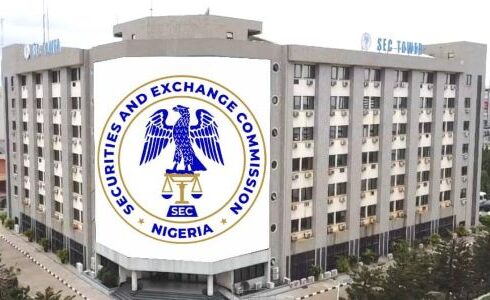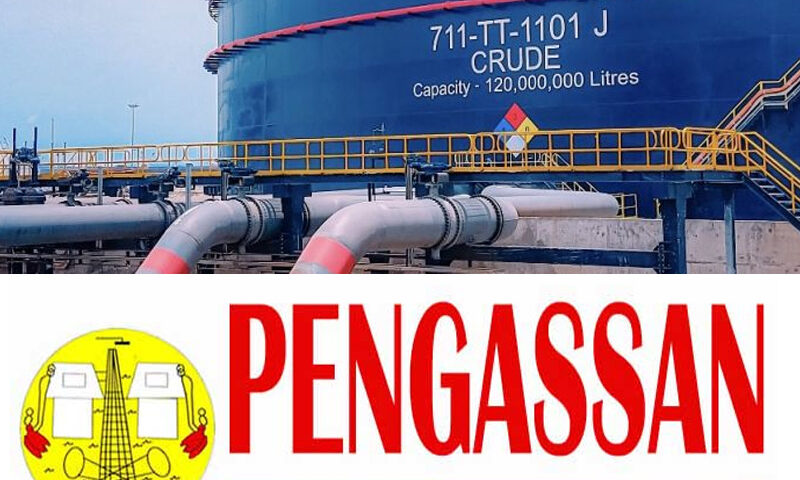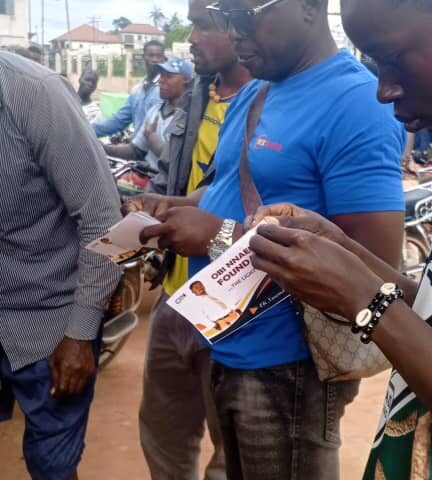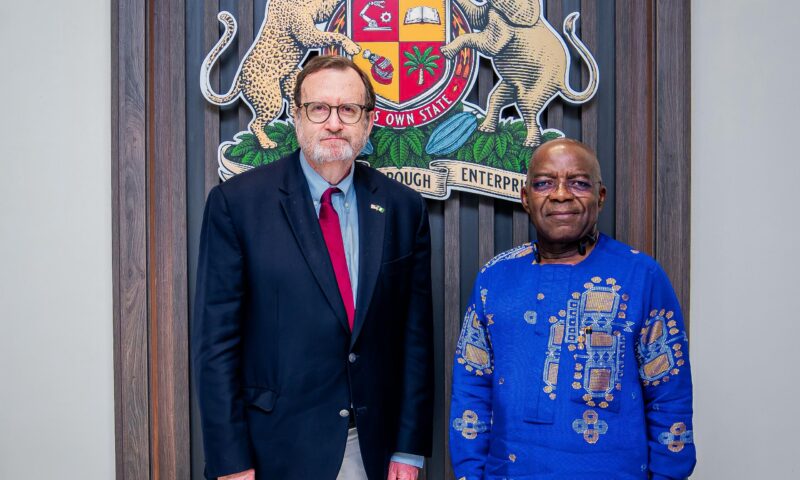Doctors give FG fresh ultimatum to meet demands
 The Nigerian Association of Resident Doctors has given the Federal Government a fresh 30-day ultimatum to address outstanding welfare and policy issues affecting its members, including unpaid salary arrears, promotion entitlements, and the reinstatement of sacked doctors.
The Nigerian Association of Resident Doctors has given the Federal Government a fresh 30-day ultimatum to address outstanding welfare and policy issues affecting its members, including unpaid salary arrears, promotion entitlements, and the reinstatement of sacked doctors.
The ultimatum was contained in a communiqué signed on Sunday by NARD President, Dr Mohammad Suleiman; Secretary-General, Dr Shuaibu Ibrahim; and Publicity and Social Secretary, Dr Abdulmajid Ibrahim, at the close of the association’s 45th Annual General Meeting and Scientific Conference, held in Katsina State between September 21 and 26.
The meeting, themed “Mitigating Health Worker Migration through Extra-Remuneration Incentives: A Strategy for Sustainable Development”, also marked a leadership transition, with Dr Suleiman elected as president to succeed Dr Tope Osundara.
Earlier this month, NARD embarked on a five-day warning strike, which it suspended after two days following the release of funds for the Medical Residency Training Fund and to allow the government two weeks to address other demands.
At the AGM, members expressed concern over unresolved issues undermining doctors’ welfare and the health system.
They cited excessive and unsafe call-duty hours, the stalled review of the Consolidated Medical Salary Structure for more than 16 years, persistent non-payment of corrected professional allowances, and months of unpaid promotion arrears.
The association also condemned the casualisation of doctors, the dismissal of five doctors at the Federal Teaching Hospital, Lokoja, and repeated delays in implementing the Medical Residency Training Act.
NARD decried worsening brain drain, the exclusion of house officers from the Civil Service Scheme, decaying hospital infrastructure, and failure to implement agreed pension benefits. It also rejected the creation of consultant cadres for non-medical doctors and the downgrading of postgraduate membership recognition.
Effective October 1, 2025, NARD directed its members to stop engaging in more than 24 consecutive hours of call duty, in line with international best practices.
The communiqué stated, “The AGM calls on the Federal Ministry of Health and Social Welfare to develop and implement clear, healthy call-duty working hours for doctors. In the interim, members should desist from engaging in more than 24 hours of continuous call duty.
“The AGM calls on the Federal Government to expedite action on the Collective Bargaining Agreement and complete the long-overdue review of CONMESS. The AGM demands the immediate release of corrected professional allowance tables, payment of accumulated promotion arrears within 30 days, and a one-for-one replacement policy to ease excessive workload.
“The AGM also gives the Federal Ministry of Health and the management of FTH Lokoja 30 days to reinstate the five sacked doctors. The AGM demands prompt settlement of arrears from the 25/35 per cent CONMESS review, 2024 accoutrement allowance, and other outstanding salary arrears within 30 days.”
It further urged the Medical and Dental Council of Nigeria to restore full recognition of West African postgraduate membership certificates, and called on the National Postgraduate Medical College of Nigeria to immediately issue membership certificates to eligible candidates.
The association demanded a decentralised process for promotions and training, the immediate commencement of specialist allowance payments, and inclusion of house officers in the Civil Service Scheme with prompt salary payments and payslips.
It also urged Oyo State Governor, Seyi Makinde, to urgently address the welfare of resident doctors at LAUTECH Teaching Hospital, Ogbomosho.
NARD called for the full implementation of CONMESS circulars across all federal, state, and private health institutions, including medical schools and regulatory bodies.
On policy, the AGM resolved to intensify engagement with the National Assembly to secure adequate healthcare funding in the 2026 Appropriation Act, while also demanding immediate implementation of agreed special pension benefits for doctors.


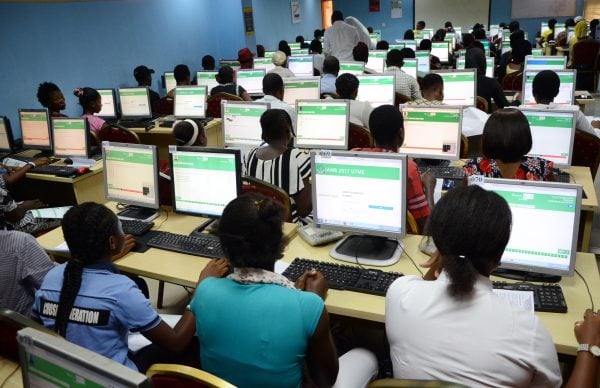

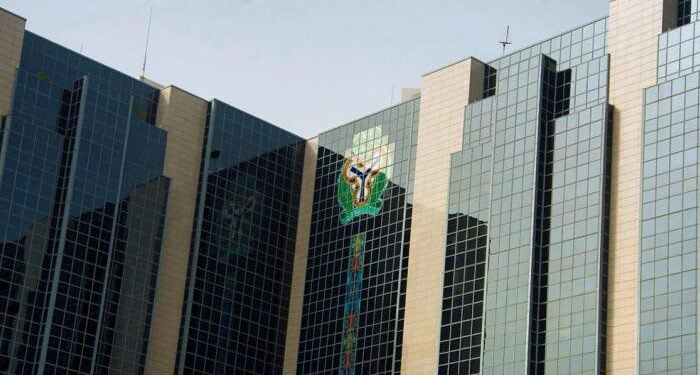
 Banks, especially those with heavy government deposit exposure, may need to find alternatives to drive private sector funds into their coffers, as the Monetary Policy Committee of the Central Bank of Nigeria introduced a 75 per cent Cash Reserve Ratio on non-Treasury Single Account deposits.
Banks, especially those with heavy government deposit exposure, may need to find alternatives to drive private sector funds into their coffers, as the Monetary Policy Committee of the Central Bank of Nigeria introduced a 75 per cent Cash Reserve Ratio on non-Treasury Single Account deposits.

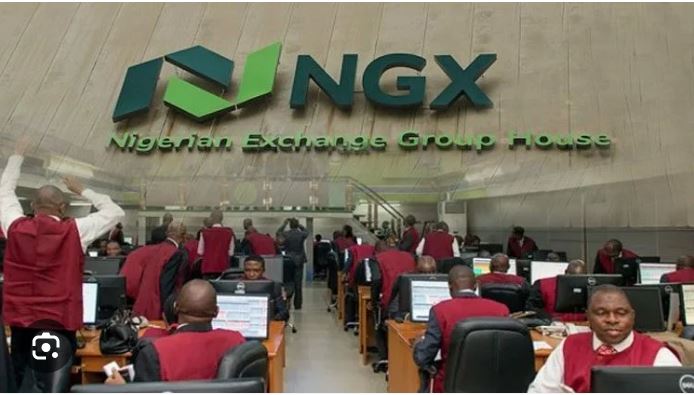
 The Chief Executive Officer of Nigerian Exchange Limited, Mr. Jude Chiemeka, has said that the nation’s maritime industry can leverage blue bonds to raise funds from the capital market to finance infrastructure development projects in the marine and blue economy sector.
The Chief Executive Officer of Nigerian Exchange Limited, Mr. Jude Chiemeka, has said that the nation’s maritime industry can leverage blue bonds to raise funds from the capital market to finance infrastructure development projects in the marine and blue economy sector.